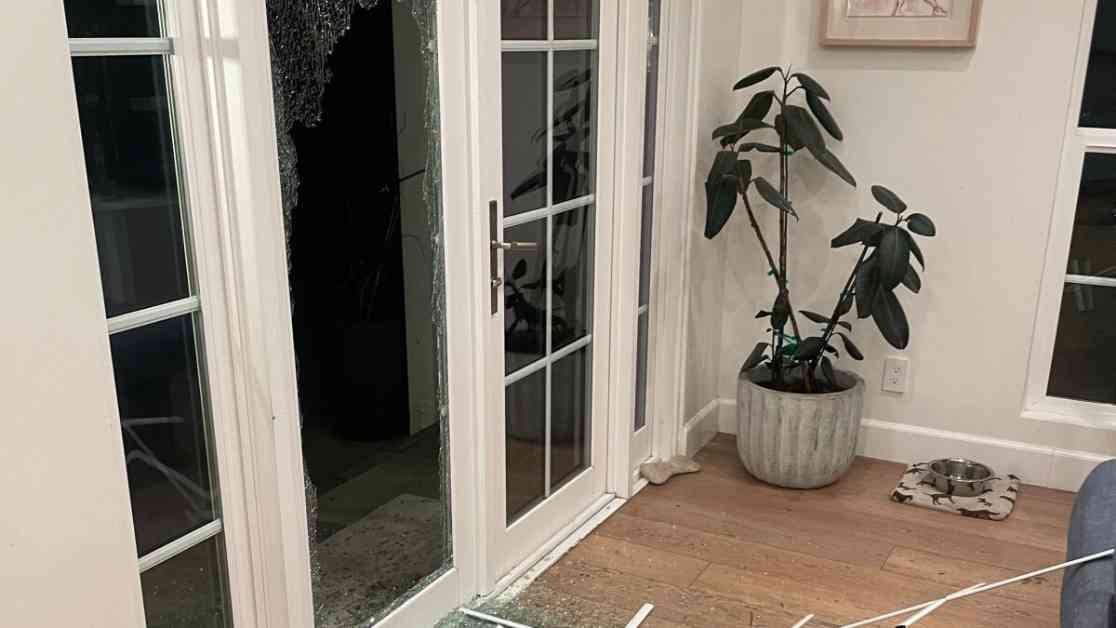Evan Lovett, the host of the “L.A. in a Minute” podcast, recently found himself in a harrowing situation that shed light on the challenges faced by residents trying to access emergency services in Los Angeles. Returning home after his son’s baseball game, Lovett discovered that his house had been burglarized, with valuable items missing. The ordeal took a disturbing turn when he called 911 and was placed on hold for a staggering 58 minutes.
The Frustrating Wait for Help
As Lovett recounted his experience, his frustration and anxiety were palpable. In a video shared on social media, he expressed his disbelief at the agonizing wait for assistance. “This s— is unnerving,” he remarked, highlighting the sheer helplessness he felt in a moment of crisis. His concerns were further compounded by the hypothetical scenarios that raced through his mind – what if his son was in need of urgent medical attention, or if his wife had suffered a serious accident?
A Disputed Timeline
However, the narrative took a contentious turn when the Los Angeles Police Department publicly disputed Lovett’s claims regarding the response time to his call. According to L.A. Police Capt. Ray Valois, the call was answered within 74 seconds and subsequently categorized as a non-emergency case. Lovett, on the other hand, stood by his assertion that he had waited nearly an hour before reaching a dispatcher. Citing witnesses who had been present during the call, he refuted the official version of events and reiterated the distressing reality of being left on hold in a moment of crisis.
The Aftermath and Call to Action
Following the eventual arrival of police officers to his residence, Lovett found himself grappling with a mix of emotions – relief at the presence of law enforcement, but also a deep sense of vulnerability and disillusionment. As a former sports writer for The Times, he recognized the opportunity to leverage his podcast platform to spark a dialogue on the pressing issues facing Los Angeles. From staff shortages in emergency services to the broader social and political challenges plaguing the city, Lovett saw a chance to advocate for positive change and community engagement.
Looking Ahead
In the aftermath of the burglary, Lovett’s resolve to effect meaningful change in his city was unwavering. Encouraged by the outreach from local officials, including City Council representative Nithya Raman, he remained steadfast in his commitment to address the systemic issues that had come to the forefront through his personal ordeal. As he navigated the aftermath of the break-in, he remained determined to channel his experiences into a catalyst for constructive dialogue and collective action.
In a city grappling with a multitude of complex issues, Evan Lovett’s story serves as a poignant reminder of the urgent need for reform and collaboration. As he continues to advocate for change through his podcast and community engagement, his resilience and determination offer a beacon of hope in a landscape fraught with challenges. The road ahead may be long and arduous, but with voices like Lovett’s leading the charge, there is a glimmer of possibility for a brighter future in Los Angeles.





















